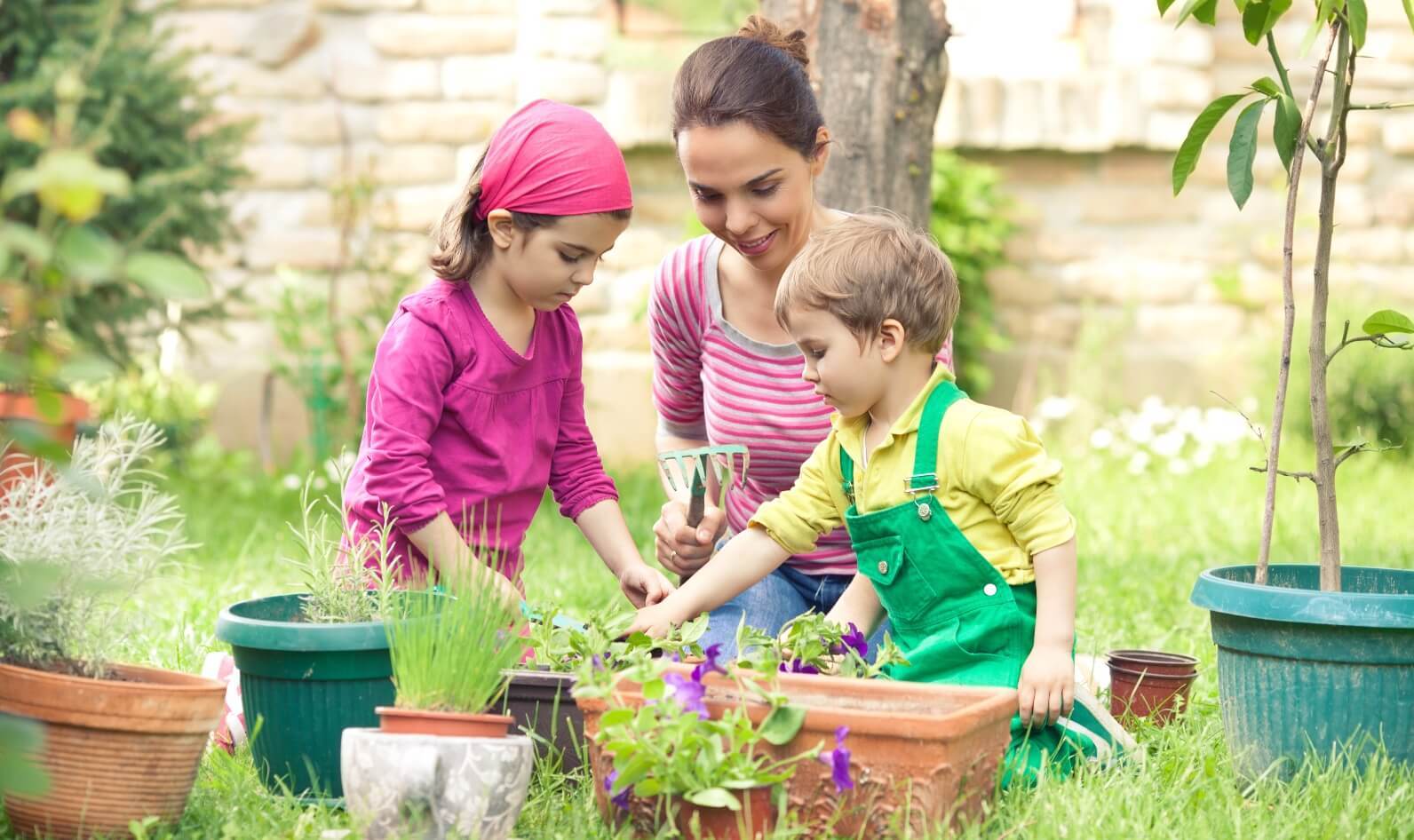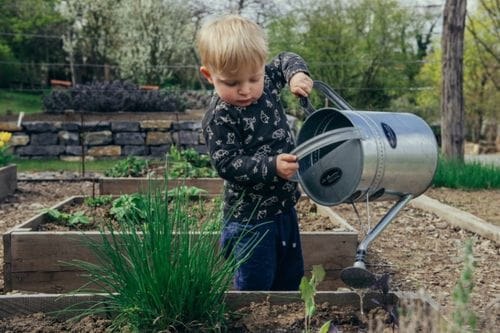From Seed to Blossom: Supporting Your Enthusiasm with Home Gardening for Beginners
Expanding Environment-friendly Thumbs: a Beginner's Journey Into the World of Gardening
Are you excited to get your hands dirty and start growing your own yard? You'll find out concerning selecting the right plants, recognizing dirt and garden compost, and vital gardening tools. We'll likewise show you sprinkling and feeding methods and just how to deal with usual yard pests. gardening tips for beginners.
Selecting the Right Plants
You need to examine your horticulture space and figure out the number of plants that will fit pleasantly. Measure the measurements of your yard beds or pots and calculate the offered room. Consider the fully grown dimension of the plants you intend to expand.
Once you have a clear concept of your gardening space, it's time to choose the best plants. Certain plants prosper in full sunlight, while others like partial shade. This will certainly aid you select plants that are fit to your specific conditions.
If you're brand-new to gardening, opt for plants that are easy to expand and need very little maintenance. Choose plants that have a much shorter maturation period if you live in a region with a shorter growing period.
Understanding Soil and Compost
To ensure the success of your garden, it is critical that you comprehend the value of dirt and compost. Dirt is the structure of your garden, offering nutrients, water retention, and assistance for your plants. It is very important to have a good understanding of your dirt kind, whether it is sandy, clayey, or loamy, as this will certainly identify the sorts of plants that will thrive in your garden. Garden compost, on the other hand, is a fantastic means to enhance the top quality of your soil. It is composed of raw material, such as kitchen scraps, backyard waste, and leaves, that decompose with time. Adding garden compost to your soil will certainly enrich it with necessary nutrients and improve its structure, allowing for much better water drain and aeration. You can either make your very own compost making use of a compost container or purchase it from a garden facility. Keep in mind, a abundant and healthy soil is the vital to a successful garden, so put in the time to understand your soil and include compost to ensure your plants grow.

Vital Gardening Devices
Since you recognize the significance of dirt and garden compost, let's discover the necessary horticulture devices you'll need to cultivate your environment-friendly oasis. Among the most standard tools you'll require is a garden trowel. This tiny handheld device is ideal for digging little openings, hair transplanting seedlings, and scooping dirt. An additional essential tool is a yard fork. This durable tool is used for loosening up soil, separating clumps, and turning compost. An excellent pair of gardening handwear covers is a must-have to protect your hands from thorns, prickly plants, and dust. Look for gloves that are sturdy, breathable, and provide a great grasp. A yard hose or watering can is necessary for maintaining your plants hydrated. Select a pipe with a spray nozzle that permits you to adjust the water flow and pressure. A strong set of trimming shears or secateurs is essential for trimming and shaping your plants. Try to find shears with a sharp blade and comfy takes care of. Lastly, a garden rake works for leveling dirt, eliminating particles, and spreading out compost. With these vital devices in your horticulture collection, you'll be well-equipped to create and maintain your green oasis.
Watering and Fertilizing Methods

Taking Care Of Common Garden Vermin
As a newbie gardener, you might come across typical Our site yard bugs that can inflict havoc on your plants. These bugs can range from pests like aphids, caterpillars, and beetles, to little animals like squirrels and rabbits. It is necessary to be able to determine and deal with these insects effectively in order to secure your plants and guarantee an effective garden.
Among the initial steps in dealing with yard pests is to on a regular basis examine your plants for any kind of signs of invasion. Look for eaten leaves, openings in the vegetation, or the existence of tiny insects. It's vital to take action right away to stop them from spreading and triggering more damages. if you spot any type of parasites.
There are several methods you can utilize to regulate yard pests. One choice is to utilize all-natural click over here killers, such as ladybugs or praying mantises, to assist regulate the populace of pests. You can also utilize physical obstacles, such as fencings or netting, to keep larger animals like rabbits out of your yard. In addition, there are natural pest like it control sprays available that can assist prevent and remove usual yard pests.
Remember, prevention is essential when it pertains to managing yard pests. Keeping your garden complimentary and tidy of particles can help in reducing the possibility of an invasion. On a regular basis eliminating weeds and dead plants can likewise assist eliminate hiding areas for parasites.
Final Thought
By picking the right plants, understanding soil and compost, utilizing necessary horticulture devices, and understanding watering and fertilizing techniques, you have set yourself up for success. Don't fail to remember to stay attentive in dealing with common garden insects to ensure your plants flourish.
Soil is the foundation of your garden, offering nutrients, water retention, and support for your plants. It is essential to have a great understanding of your soil type, whether it is sandy, clayey, or loamy, as this will identify the types of plants that will thrive in your garden. Remember, a abundant and healthy and balanced dirt is the crucial to an effective garden, so take the time to understand your soil and incorporate garden compost to guarantee your plants prosper.
As a novice garden enthusiast, you may experience common garden pests that can unleash chaos on your plants. It's vital to be able to deal and determine with these insects efficiently in order to protect your plants and ensure a successful yard.